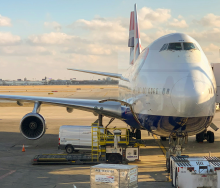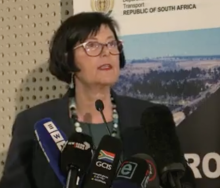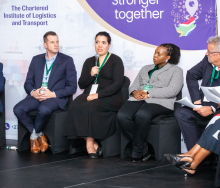Over-board container losses have plunged to their lowest level since 2008, when the World Shipping Council (WSC) started monitoring box spills of carriers in transit.
According to the lobby group’s latest findings, of the 250 million containers transported last year, only 661 boxes were lost overboard.
The number is less than one-thousandth of 1% (0.00026%) of the containers currently shipped yearly, with cargo transported valued at more than $7 trillion, the WSC said.
During 2022, most WSC member carriers saw no or single-digit container losses, with only two carriers reporting losses above 100 units for the year.
It’s not known who these carriers are.
The WSC estimated that there were on average 1 566 containers lost at sea each year over a fifteen-year period (2008-2022), with average losses for the last three years standing at 2 301 containers per year.
The majority of major container losses were because of ships sinking, such as the MOL Comfort in 2013, the SS El Faro in 2015, and the grounding and loss of Rena in 2011.
Notable losses at sea were also caused by extreme weather, leading to the ONE Apus and Maersk Essen losing 1 800 and 750 containers in 2020 and 2021.
Splash 247 reports that liner shipping companies have been attempting to improve container safety by collaborating with governments and other stakeholders to reduce the number of containers lost at sea.
Several member lines and maritime stakeholders launched the MARIN Top Tier initiative in 2021, which has already delivered data on the causes of container overboard events and how to avoid future incidents.
This comprises training materials to enhance awareness of the dangers of various types of parametric rolling, as well as resources such as films and calculators to aid in the prevention and, if necessary, management of such dangerous situations.
The research is currently taking place into container and lashing gear strength, stowage planning and optimisation, guidelines for vessel operations, and voyage planning, with more results to come in the form of industry best practices, updated safety standards, and recommendations as the project enters its third and final year.
John Butler, CEO of the WSC, said the reduction in containers lost at sea in 2022 is positive news, but there is no time for complacency.
He said every container lost at sea will always be one too many, and that the WSC will continue with their efforts to make the sea a safer place to work and to protect the environment and cargo by reducing the number of containers lost at sea.













